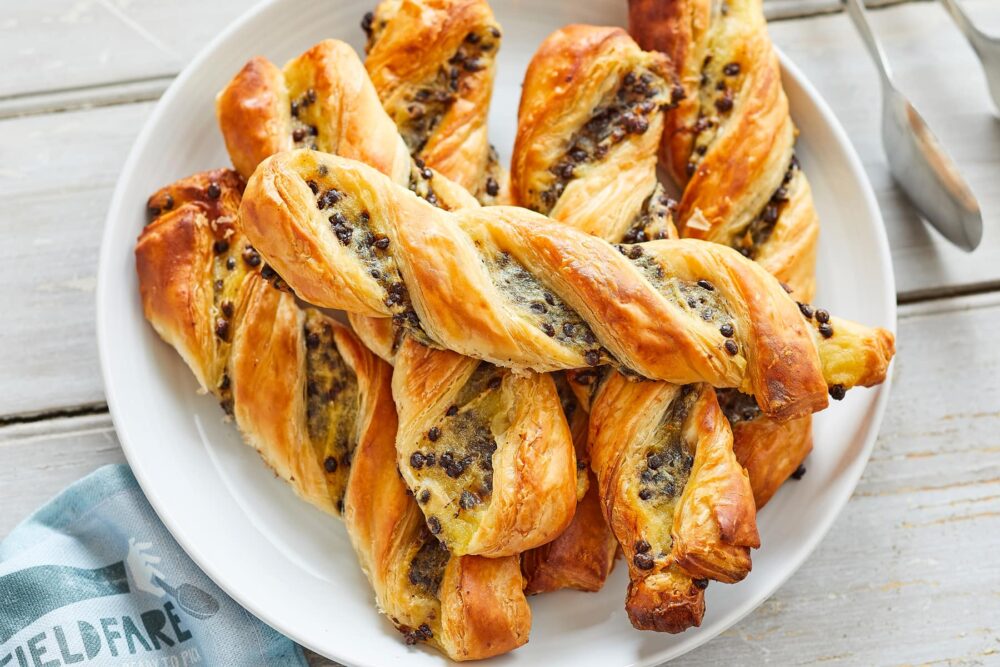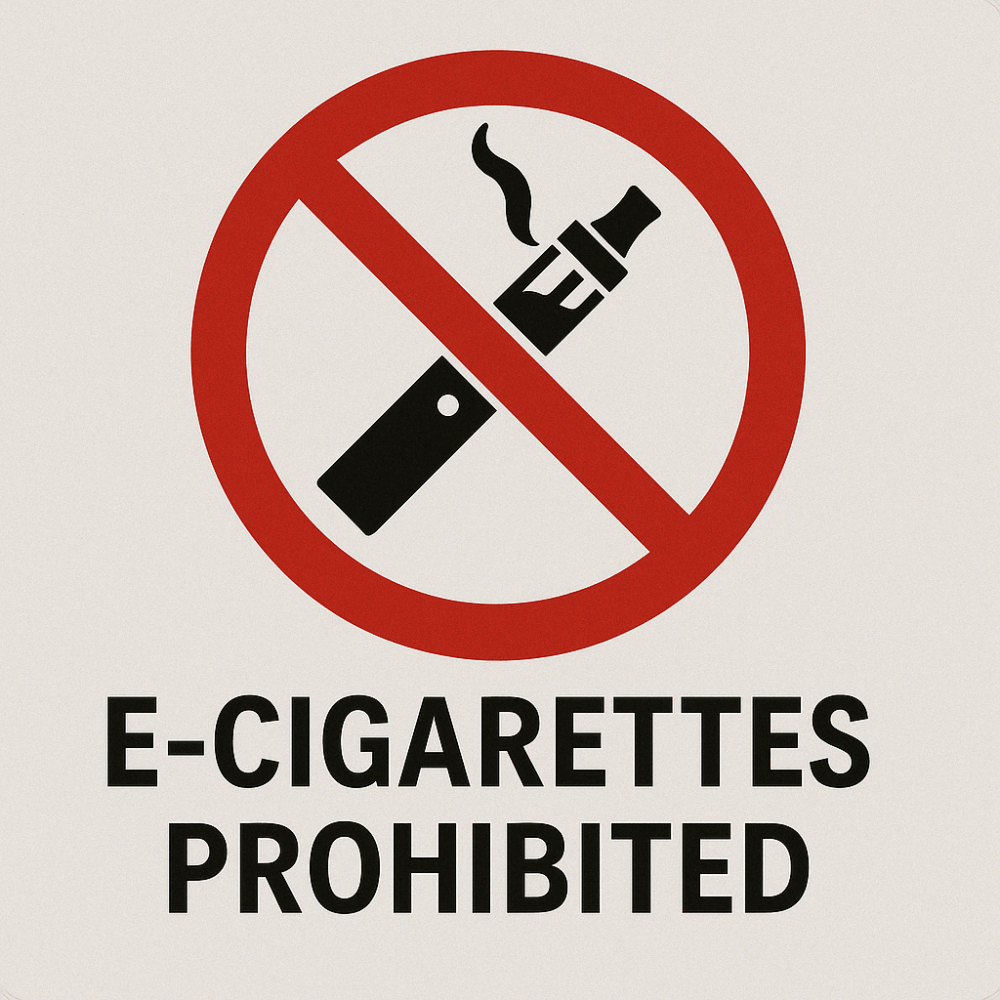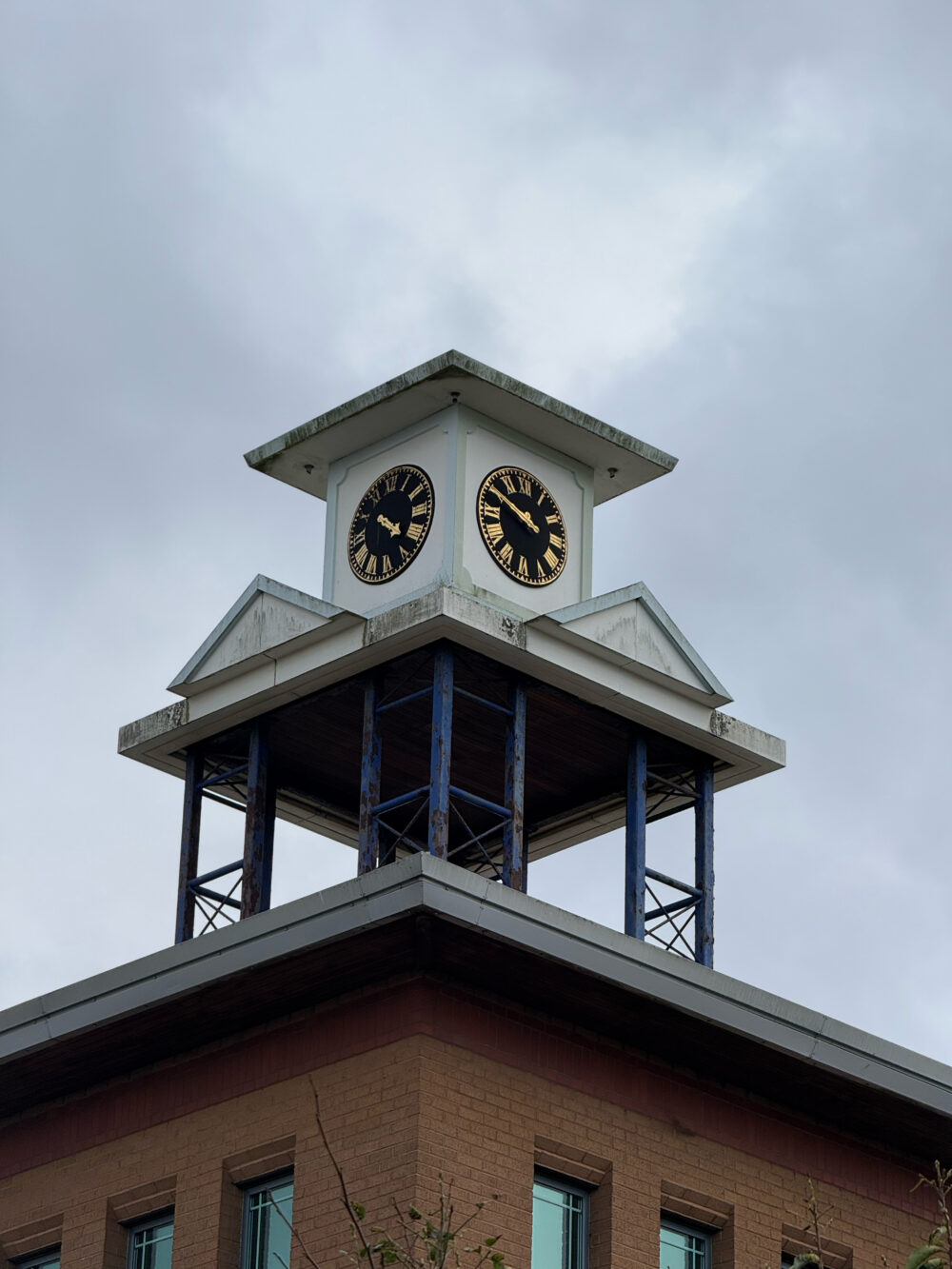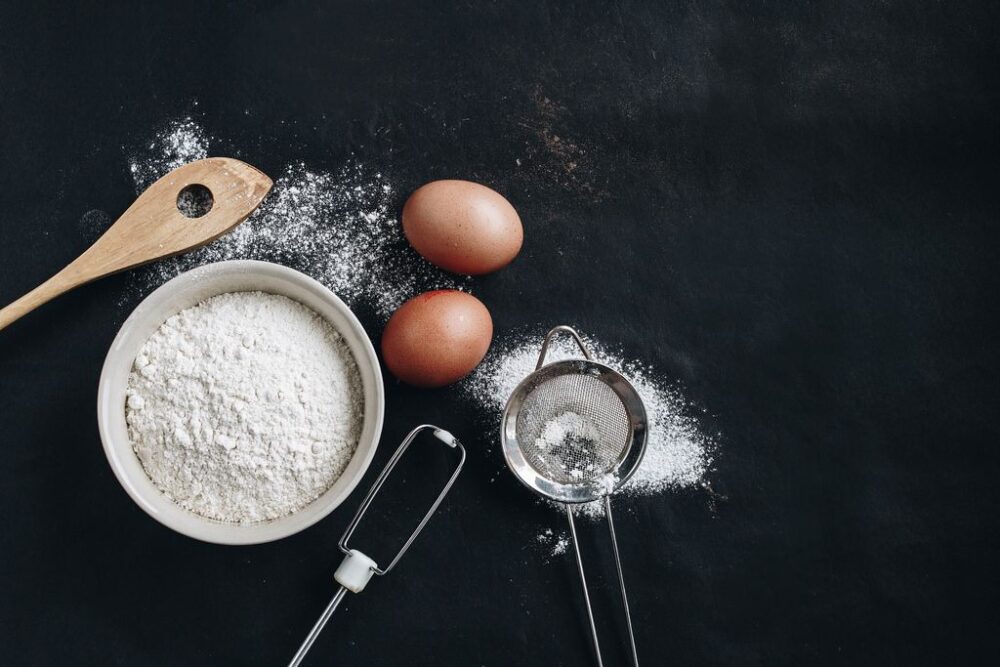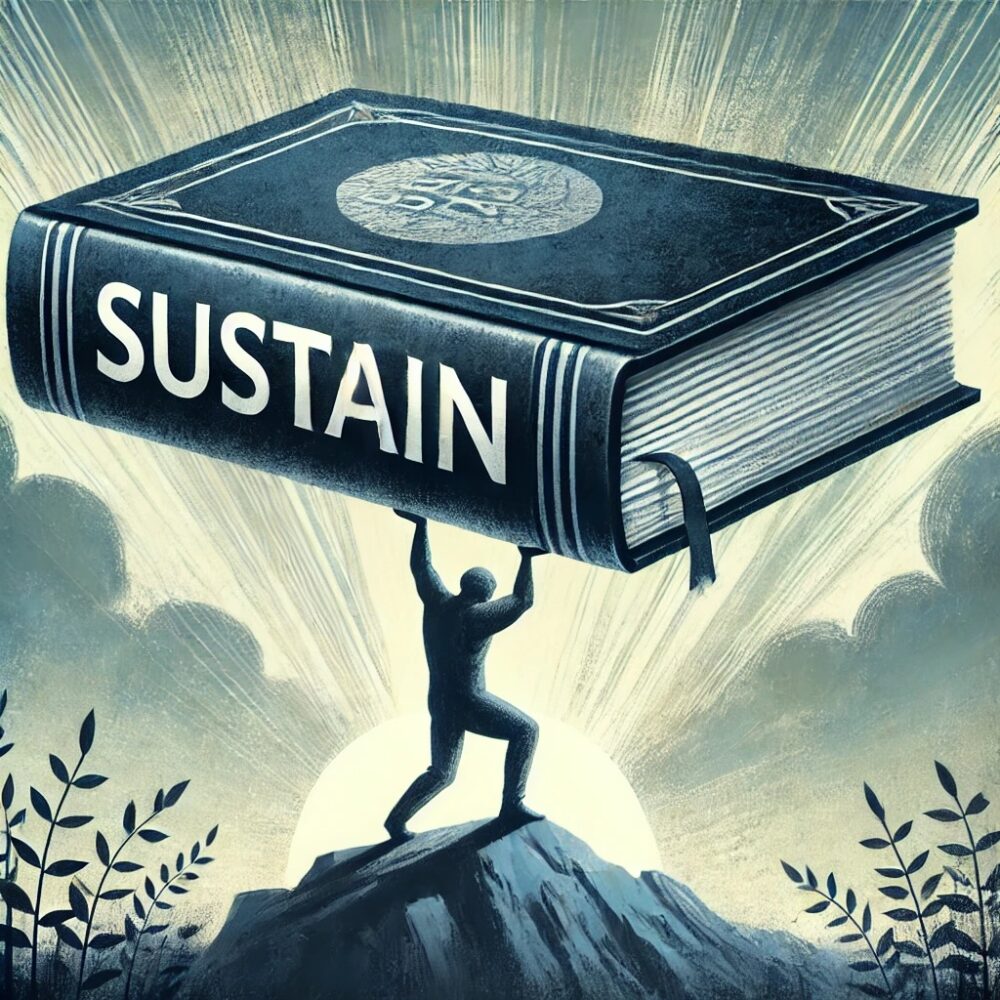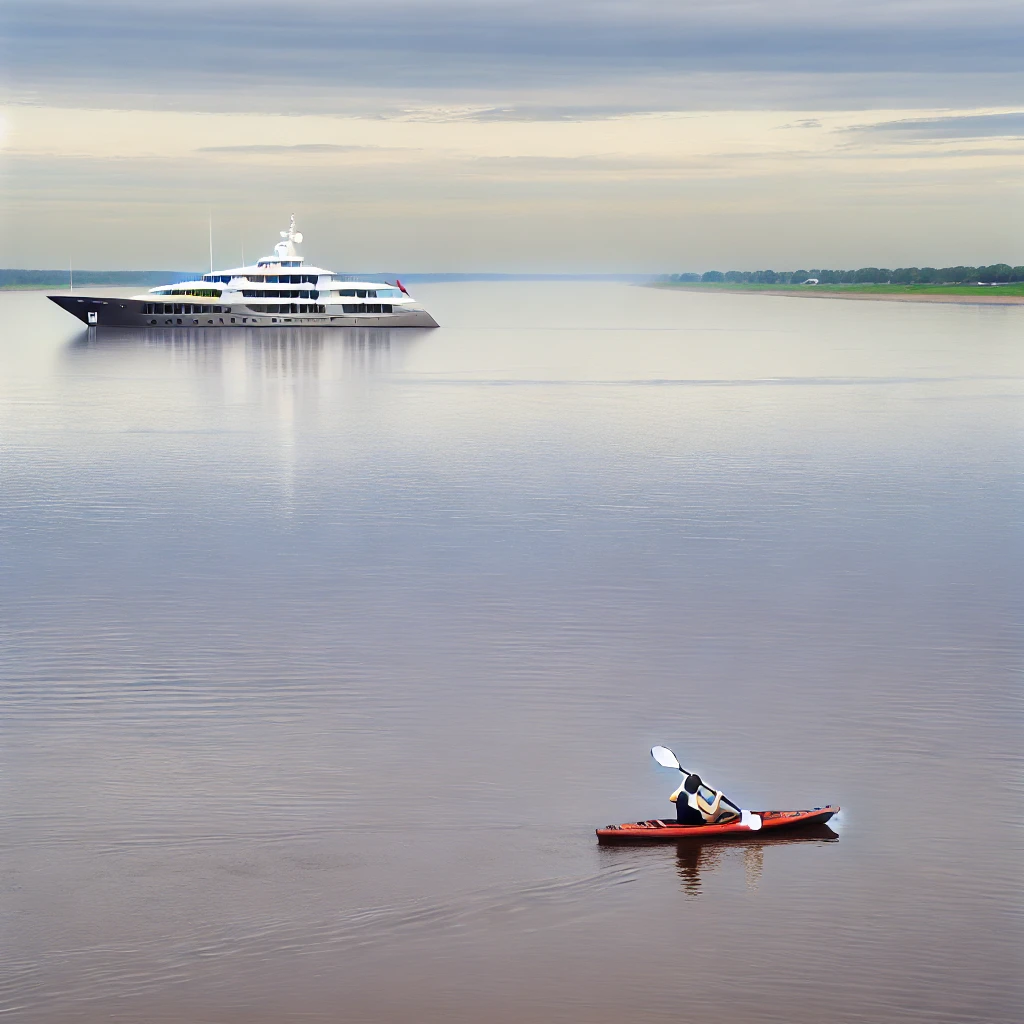I recently overheard two younger people talking on the bus. One said to the other:
I really struggle to use it: I don’t know how to use circle time.
At first, I assumed they meant some strange new productivity technique, or perhaps a revival of the classroom ritual where children sit cross-legged in a circle to share their feelings. But for some reason, my mind jumped to the Spirograph. I was simultaneously intrigued by this modern rebrand as Circle Time and not a little perplexed that teenagers would be discussing it with such gusto.
Weeks later, I read some idiotic commentary about smartwatches. Seeing the phrase mentioned again, I had an epiphany: ‘circle time’ was a baffled teenager’s term for reading an analogue clock—a face with hands, if you will. A concept once so basic it was used to teach toddlers, now esoteric enough to require translation.
And I realised: perhaps I’m not moving with the times. I spend a large proportion of my life at a desk with a tiny digital clock in the corner of several screens… and yet, I also have a little analogue clock sitting on my desk. If a meeting is approaching, I find it much easier to intuit whether I have the time to complete a task beforehand with a glance at an analogue clock than at one of the many digital ones. I’m from a different century.
As I wander around these days, my eye is often caught by civic clocks—at least half the time, they’re showing the wrong time. When society at large has given up on proper clocks, can we really blame individuals for no longer understanding them?
Perhaps it’s not just that we’re losing the ability to tell time, but that we no longer expect time to be told to us. It’s become something we interrogate individually, pixel by pixel, rather than something shared. The clock tower becomes ornamental. The watch, decorative. Time dissolves into digits.
Accurate, but only twice a day.
But there is one bright side in all of this: the aphorism ‘he has more faces than the town clock’ makes a whole lot more sense when those faces are saying different things.
You win some, you lose some.
The photos in this post are all my own.
